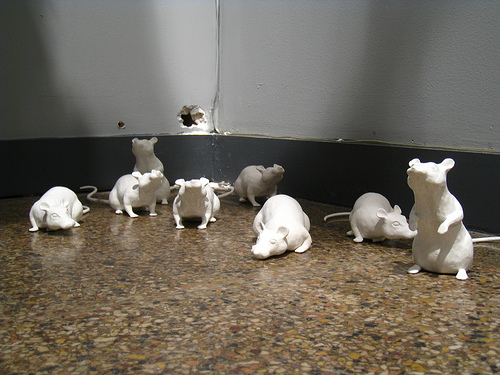A portion of my time these days is spent preparing for the GRE, the exam many graduate schools require their applicants to take. Since I will have my bachelors degree by the time this year is over, I am currently applying to graduate schools that offer a Master of Fine Arts. The GRE, or Graduate Record Examination, is a four-hour test that evaluates general knowledge and critical thinking, and I am registered to take it this week. For the record, I am a 56-year-old mother of two grown children. I haven’t sat for a four-hour test since labor. I’m looking forward to this exam with the same enthusiasm.
The sticking point for me is math, as it is for many of my gender. Recent university studies about the math phobia that exists among otherwise intelligent females suggest it is largely the result of low expectations by teachers, parents, and society in general beginning at a very early age. This insecurity is even passed on by female elementary school teachers to their students. Girls are encouraged to excel in subjects like English, art, and music, while boys are expected to be the scientists and mathematicians. The studies aren’t even talking about back when I was in school; the data shows that those stereotypes remain in existence today. On the peer level, boys who are math whizzes are still admired, while their feminine counterparts with the same skills are looked on differently. Apparently, even when girls know the answer, they’re hesitant to raise their hand at the risk of intimidating future prom dates.
I know firsthand of one exception. All through her school years, Daughter always knew the answer in math class and always raised her hand. In junior year, she got a perfect score on the SAT. In senior year, she was a regular on a cable TV show that offered teen viewers on-air math homework support. Being smart and secure enough to show it never held Daughter back. So just like in Ghostbusters, I knew who to call. On Veterans Day, we sat in her studio apartment and loaded her Mac with the GRE practice math questions.
DTR: Have you in fact tried any of these on your own?
OSV: Oh, yes, quite a few. It wasn’t pretty.
DTR: No problem. Before we go over some strategies and basic formulas, let’s have a look at what they’re asking.
She read the first question. Then she read it again. Then she repositioned the Mac on her lap and read the next three. She turned to me with an impassive look.
DTR: Okay, so what they’re doing is wording the questions in such a way as to obfuscate what they’re really asking. You need to redefine the problem in a way you can understand it. Worst case scenario, leave it blank.
OSV: We’re not allowed. Every question has to be answered.
DTR: Okay. Then make a note so you can go back to it when you’re done with the others.
OSV: Can’t. We aren’t able to advance to the next screen without answering the question we’re on. No going back.
Daughter looked at me genuinely worried. I looked at her with despair.
DTR: (brightening) All right, new strategy. Remember how you always knew when I was lying? Or when you had a feeling something was going to happen and it did? Remember how you kept asking Son in high school if he got a tattoo?
OSV: HE GOT THAT TATTOO?!
DTR: Bad example, forget it. Anyway, it’s a skill, Mom, and you have it. You’re very intuitive. If you use your natural abilities, there’s a good chance you’ll do all right. Just look at each question, analyze it the best you can, and go with your feeling about which answer choice is right.
OSV: You’re telling me to guess.
DTR: I’m telling you to guess your ass off.
Daughter’s Fotos venture into the Real and Imagined




